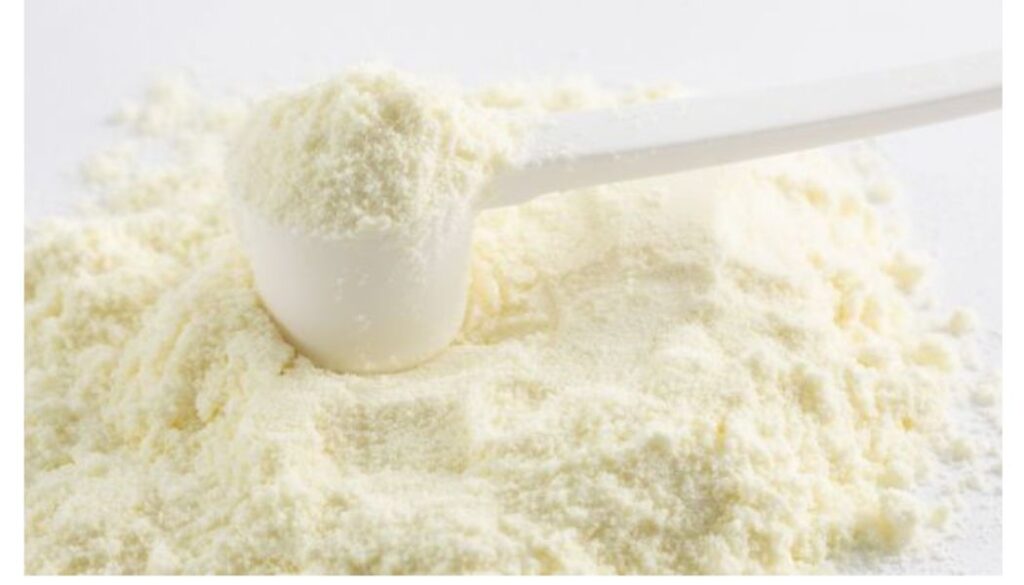Government bans importation of milk powder and milk hawking

The Ministry of Agriculture has banned the importation of milk powder and the hawking of milk in the country.
The Ministry of Agriculture has banned the importation of milk powder and the hawking of milk in the country.
According to Agriculture Cabinet Secretary Mutahi Kagwe, the ban is meant to protect the welfare of local dairy farmers, especially during this season when milk production in the country is high.
Kagwe said that the ministry has also launched a crackdown on unlawful milk importers and hawkers in the country. According to the CS, these traders have been importing unfit milk, which has, in turn, led to health complications for some individuals, especially children.
“We also want to warn those unlawful importers of milk powder into the country that we have noticed what they are doing and we will make them stop,” Kagwe said.
“That is why we also banned the concept of milk hawking because mothers started complaining that their children were getting diarrhoea, and others were getting sick, and therefore that is why the milk industry should be properly regulated,” he added.
Milk powder is milk that has been dehydrated by removing most of its water, making it a non-perishable alternative to fresh milk. The powder can be used in baking, cooking, and as an ingredient in products like infant formula.
Ruto donates Ksh50M for construction of ADC Church in Vihiga County
Refusing to marry is not fashion – President Ruto to Kenyan youth
44 Eritreans found at a home in Bungoma
Trump threatens US military action in Nigeria over treatment of Christians
Before the ban, Kenya imported its milk powder from countries like Uganda, the United Arab Emirates, the Netherlands, France, Belgium, and Oman.
The announcement comes a month after the CS announced that the government will also launch the Good Quality Milk certification programme that will see dairy farmers being paid based on the quality of their milk.
Speaking on Tuesday, September 30, Kagwe said that the system will ensure that farmers who supply high-quality milk will be rewarded with premium payments compared to those who supply substandard milk.
According to Kagwe, aflatoxin-contaminated animal feeds, especially maize feeds, are the key reason contributing to substandard milk in the market. Kagwe claimed that toxins in maize feeds pass directly into the milk, thus making the milk unfit for consumption.
“We must all produce good quality milk, and the farmer must be recognised for doing the right thing. It cannot be the same amount for bad and good. Those who produce better will earn better,” Kagwe said.
We chased you – ODM deputy party leader tells off MP Jalang’o in front of Ruto
It’s time for Kenya’s female president – Martha Karua
Kalonzo hints at United Opposition visiting Raila Odinga’s home in Bondo
Things I admire about late Raila Odinga – Gachagua
LSK hits back at Magistrate and Judges Association as rift escalates
Follow us







